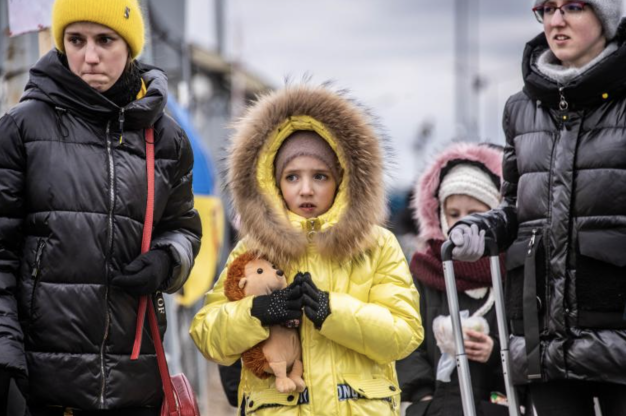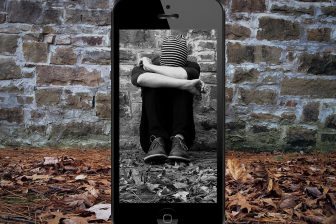
Seven million Ukranian children without electricity and water after attacks on energy infrastructure
Almost every child in Ukraine – some seven million – no longer has regular access to electricity, heating and water, because of sustained attacks on the country’s energy infrastructure.
It means their basic health is now at risk as temperatures plummet amidst the freezing winter temperatures, says UN children’s charity UNICEF.
And it’s not just their health that is suffering, but also their education, as online learning opportunities – often children’s only access to education, due to so many schools having been damaged or destroyed. Basic health facilities may be unable to provide critical services, while malfunctioning water systems raise the already extremely high risks of pneumonia, seasonal influenza, waterborne diseases and COVID-19.
Catherine Russell, UNICEF Executive Director, said: “Millions of children are facing a bleak winter huddled in the cold and the dark, with little idea of how or when respite may arrive. Beyond the immediate threats the freezing conditions bring, children are also deprived of the ability to learn or stay connected with friends and family, putting both their physical and their mental health at desperate risk.”
‘Families’ income and access to services has been decimated’
The United Nations Office for the Coordination of Humanitarian Affairs (OCHA) says that sustained attacks in October destroyed 40 per cent of Ukraine’s power production, further exposing families to harsh winter conditions, impacting livelihoods, and increasing the likelihood of additional large population movements. Despite ongoing repairs, on 28 November, the Ukrainian energy system was able to cover only 70 per cent of the peak demand to generate power.
The harsh winter, combined with a loss of income and the energy and socioeconomic crisis triggered by the war are devastating to the well-being of children and families. Families’ incomes, and access to services have been decimated by the destruction of infrastructure in the almost 10 months since the war escalated. The situation is especially acute for the 6.5 million people, including 1.2 million children, who are currently displaced within Ukraine.
As areas previously affected by heavy fighting become accessible, UNICEF started distributing winter clothing kits, water heaters, and generators in the frontline and newly accessible areas of Kharkiv, Kherson and Donetsk oblasts. More than US$20 million worth of winterisation supplies have been procured to date.
‘Harsh winters are devastating to the well-being of children’
A bleak winter will also likely worsen the psychosocial situation for children, who are already facing a looming mental health crisis, with an estimated 1.5 million at risk of depression, anxiety, post-traumatic stress disorders and other mental conditions. The impact on children’s access to education is just the latest disruption after the early end of the previous school year and disruptions related to the COVID-19 pandemic. UNICEF has winterized more than 55 of its SPILNO Child Spots – safe, warm spaces providing integrated services for children, youth and caregivers.
“The rules of war are clear – children and the essential civilian infrastructure they rely on to survive must be protected,” said Russell. “It is also essential that UNICEF and our humanitarian colleagues have the rapid and unimpeded access to children and families in need of humanitarian assistance no matter where they are.”




